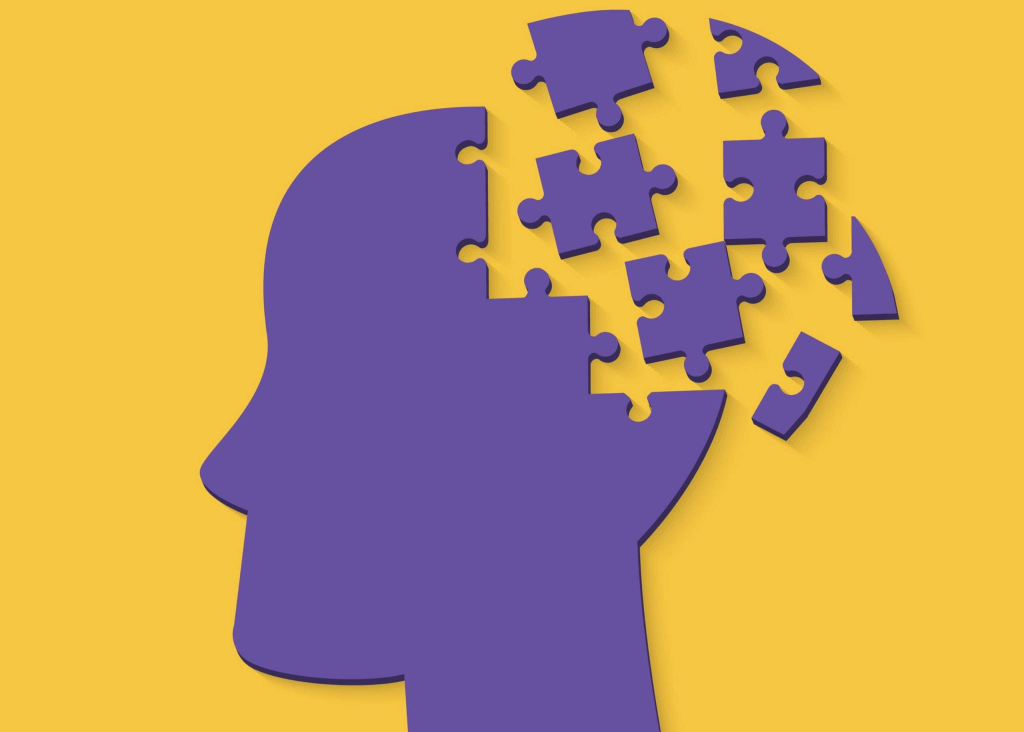World Alzheimer’s Day, observed annually on September 21, highlights the global effort to raise awareness, promote research, and advocate for better care for those living with dementia. It plays a pivotal role in raising awareness, supporting research, and advocating for better care and policies to address the impact of Alzheimer’s disease and dementia. This day unites people across the globe in understanding the challenges faced by those affected by dementia and in pushing for meaningful change.
Understanding Alzheimer’s Disease
Alzheimer’s disease is the most prevalent form of dementia, a condition that slowly deteriorates cognitive abilities, memory, and daily functioning. It primarily impacts older adults, but cases of early-onset Alzheimer’s have also been documented. Characterized by the buildup of amyloid plaques and tau tangles in the brain, Alzheimer’s progressively destroys brain cells, leading to memory loss, confusion, behavioral changes, and, eventually, complete dependency on caregivers.
Effective Alzheimer’s disease management requires early identification. Frequently, the symptoms begin as slight memory loss and progressively worsen until they cause extreme disorientation and make it unable to carry out basic duties. Unfortunately, many families and patients are ignorant of the early indicators, resulting in delayed diagnosis and treatment.
Raising Awareness on World Alzheimer’s Day
The primary purpose of World Alzheimer’s Day is to promote awareness of the condition and refute common misconceptions. The stigma attached to Alzheimer’s disease is heightened by misconceptions that the disease is a normal aspect of aging or that its symptoms are just “senior moments.” World Alzheimer’s Day contributes to the elimination of these barriers by educating communities and transferring factual information.
Awareness campaigns often emphasize the importance of early diagnosis, which allows for better management of the disease and access to treatment options. These campaigns aim to educate both the general public and healthcare providers about recognizing early symptoms and encouraging proactive medical consultations.
Supporting Research for Alzheimer’s Treatment
Research is critical to finding a cure for Alzheimer’s disease. Although there is no definitive cure yet, ongoing studies focus on identifying risk factors, improving diagnosis methods, and developing new treatments. World Alzheimer’s Day emphasizes the importance of investing in research to understand the underlying causes of the disease and to discover therapies that can slow or stop its progression. Also read: https://theaspectratio.in/health-fitness/new-research-findings-excessive-light-pollution-may-increase-our-risk-of-alzheimers-disease/
Increased funding for Alzheimer’s research is crucial for driving scientific breakthroughs. It is essential to support clinical trials that explore medications, lifestyle interventions, and new diagnostic technologies. By contributing to these efforts, World Alzheimer’s Day plays a key role in advancing science and helping millions of people affected by this devastating condition.
Advocating for Policy Changes

World Alzheimer’s Day is also an opportunity to advocate for policy changes that can improve the quality of life for those living with dementia. Policies that ensure access to proper healthcare, caregiver support, and dementia-friendly environments are vital for addressing the challenges posed by the disease.
However, patients especially have a severe burden on them as placed by caregivers who nurse them with Alzheimer’s. Given adequate resources and respite care, some of the emotional and physical distress burdened on those with Alzheimer’s can be relieved. Among the work done about this disease through legislations aimed at pushing legislation benefiting both the patient and caretakers alike through support in the availability of medical and social facilities.
Policymakers and organizations worldwide use World Alzheimer’s Day to call for more inclusive communities that are equipped to accommodate individuals with dementia. Simple changes, such as public awareness training and the adaptation of public spaces, can make a significant difference in the lives of Alzheimer’s patients.
Recognizing the Role of Caregivers
Caregivers play an essential role in supporting individuals with Alzheimer’s disease, particularly as the condition progresses. They provide around-the-clock care, help with daily activities, and offer emotional support. However, caregiving can be an overwhelming and isolating experience.
The purpose of World Alzheimer’s Day is to raise awareness of the difficulties faced by caregivers and to recognize their value. Caretakers need access to resources like mental health services, instructional materials, and support groups to manage their obligations and stay well.
Through public campaigns and community initiatives, World Alzheimer’s Day encourages people to support caregivers by offering understanding, assistance, and recognition of their invaluable work. Empowering caregivers is a fundamental aspect of improving the overall care experience for Alzheimer’s patients.
Global Activities on World Alzheimer’s Day
World Alzheimer’s Day is observed through a variety of activities aimed at raising awareness, engaging communities, and generating research support. These activities occur globally and involve a diverse range of participants, from individuals and families to large organizations and governments.
- Educational Campaigns: Public lectures, seminars, and workshops are organized to spread awareness about Alzheimer’s disease, its symptoms, and treatment options. These events provide valuable insights into the challenges faced by patients and caregivers while promoting early diagnosis.
- Community Events: Local organizations often host memory walks, marathons, and other community-centered activities to raise funds for Alzheimer’s research and care services. These events encourage public participation and create a sense of unity around a shared cause.
- Media Outreach: Social media campaigns, blogs, and press releases are powerful tools for spreading the message of World Alzheimer’s Day to a broader audience. Personal stories shared by individuals affected by dementia resonate deeply and help humanize the struggle.
- Advocacy for Dementia-Friendly Spaces: In many cities, local governments and businesses participate in initiatives to create more dementia-friendly environments. These efforts include staff training, infrastructure modifications, and public awareness programs to accommodate and support individuals with Alzheimer’s.
Conclusion: Moving Forward with Hope
World Alzheimer’s Day stands as a testament to the global commitment to fighting Alzheimer’s disease and supporting those affected by it. This day is not only a moment of reflection on the challenges posed by dementia but also a call to action for a brighter future. By increasing awareness, advocating for research, and supporting caregivers, we can all contribute to a world where Alzheimer’s no longer defines the lives of millions.
Though Alzheimer’s remains an incurable disease, the hope lies in continued research, community support, and public understanding. Every step taken towards raising awareness and funding research brings us closer to breakthroughs in diagnosis, treatment, and ultimately, a cure.



 By
By







 By
By









